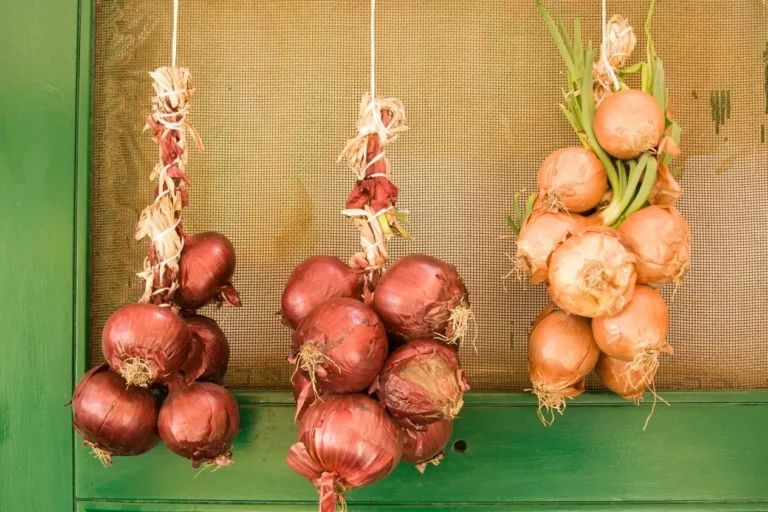How Can You Avoid Buying Unnecessary Groceries?
Reviewed and Fact Checked

Shopping for groceries can be a hassle, and it’s easy to get derailed, spending money on stuff you don’t need or forgetting what you do need. The good news is that by doing a little planning and having some smart strategies, you can shop smarter, not harder, and save money along the way. Here’s how you can shop smarter.
Plan Before You Shop
Take Stock of What You Have
Before you even consider going out to the supermarket, just sift through what’s already inside your fridge, freezer, and cupboards.
Simple trick? Quick photo of the fridge. And then when you’re shopping trying to remember whether you have milk or eggs already, you just look at the photo. It’s a simple trick so you don’t buy doubles or remember that you’ve already got it.
Write a Grocery List
Your best buddy in remaining organized and on task is a grocery list. This is how you can use it to your advantage:
- Begin with Necessities: Consider what meals you will prepare during the week and note ingredients you will require.
- Organize by Category: Group items such as produce, dairy, meats, and pantry. This will save store time because you will not be zigzagging the store.
- Stick to It: Once you have your list, don’t deviate from it. Cross off items as you go to stay on track.
Avoid Impulse Buys
Shop with Intention
Impulse buying is one of the easiest things to spend your budget. Don’t fall into the following trap:
- Don’t Shop Hungry: You will find anything tempting even though you don’t need it, if you go to a store without having food first. Have a snack before going shopping and you’ll be less likely to grab unnecessary items.
- Stay on the Perimeter: Most grocery stores have the fresh foods such as produce, dairy, and meats placed at the end of the store. Shop there first before entering the middle aisles where the processed foods and snack foods tend to be located.
- Set a Budget: If shopping too much is a problem, try shopping only with cash instead of credit or debit cards. When the money is gone, so is your shopping trip.
Use Technology Wisely
Consider Online Shopping
Curbside pickup or shopping online is a blessing if impulse shopping is an issue with you. You won’t be as susceptible to blinding displays or bargains on stuff you don’t require when shopping online.
Secondly, most sites permit you to view your overall sum when you’re adding merchandise to the shopping cart, and you’ll have a better idea of where your money is headed.
Track What You Spend
Save Your Receipts
Keep your receipt each time you visit a store – it’s more valuable than you realize! It not only adds up to how much you spend on food for the week, but it’s also an account of what you’re purchasing. Looking back over old receipts can identify trends in your shopping that will keep you from overspending in the future.
Make Smarter Choices While Shopping
Buy in Bulk (When It Makes Sense)
For non-perishable goods such as rice, pasta, canned goods, or cleaning supplies, purchasing in bulk is time and cost saving. But do not purchase in bulk for perishable goods if you are certain that you will consume them before they go bad.
Choose Seasonal Produce
Seasonal produce is fresher, tastes better, and is less expensive than out-of-season fruits and vegetables. Set aside a little time to look up what’s in season in your area so that you can cut costs.
Final Thoughts
Shopping for groceries need not be a chore or a cost if done in an orderly fashion.
By looking through what you have at home, creating a list of everything you need, staying away from impulse purchases, and keeping track of how much money you spend, you will not only save money but also wastage of food.
Having these simple steps reduces grocery shopping into less of an art and science and more a question of efficiency – and something everyone can learn about!






